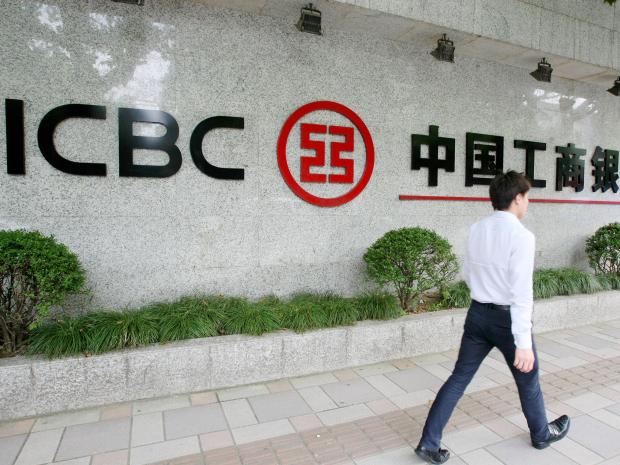
The Serious Fraud Office has been asked to reopen its controversial “plea deal” investigation into London-based ICBC Standard Bank after claims the SFO were misled by the bank.
The bank paid nearly £22m after admitting it failed to prevent bribery by two bankers at a sister firm. The deal, sanctioned by a High Court judge, was the first time the SFO had used its powers to strike a deferred prosecution agreement (DPA).
The court heard two officials at a former sister company of the London bank paid $6m (£3.9m) to a third-party in Tanzania to help secure a deal for the bank to raise £400m for the Tanzanian government. It later emerged the company the $6m was paid to was owned by two senior Tanzanian government officials (one of who was no longer working for the government). Despite a risk of corruption, “inadequate and ineffective” checks were carried out. When the $6m was withdrawn in cash over four days, the bank and its legal advisers reported the matter to the SFO.
The DPA deal meant the bank escaped prosecution in return for a financial penalty and the promise it will improve its anti-crime rules and enforcement and not re-offend for three years. DPA deals have been criticised for letting those responsible off the hook, and failing to deter bribery and corruption, particularly in developing countries. Tanzania is still repaying the expensive Standard Bank deal.
However, David Green, the SFO’s director, has now been asked to reopen the investigation, after claims by a former senior bank official in Tanzania that officials in London were “well aware” what was going on but “suppressed key facts” to help it secure the SFO deal.
The bank paid nearly £22m after admitting it failed to prevent bribery
The petition comes as it was revealed that a former banker involved in the original controversial deal is suing ICBC Bank and Stanbic Bank, its former Tanzanian subsidiary, for $30m for “ruining her banking career and any other finance-related business”. Shose Sinare, the former head of investment banking at Stanbic Bank, claims the bank secured the DPA by “suppressing key facts.” In legal documents seen by The Independent she claims the bank wrecked her career by alleging she participated in the bribery scheme.
She claims the Standard Bank misrepresented the fact it was not aware of a local third party involvement in the deal insisting it was well aware before signing the deal and that a draft collaboration document had been circulated to the entire deal team including senior officials in London.


